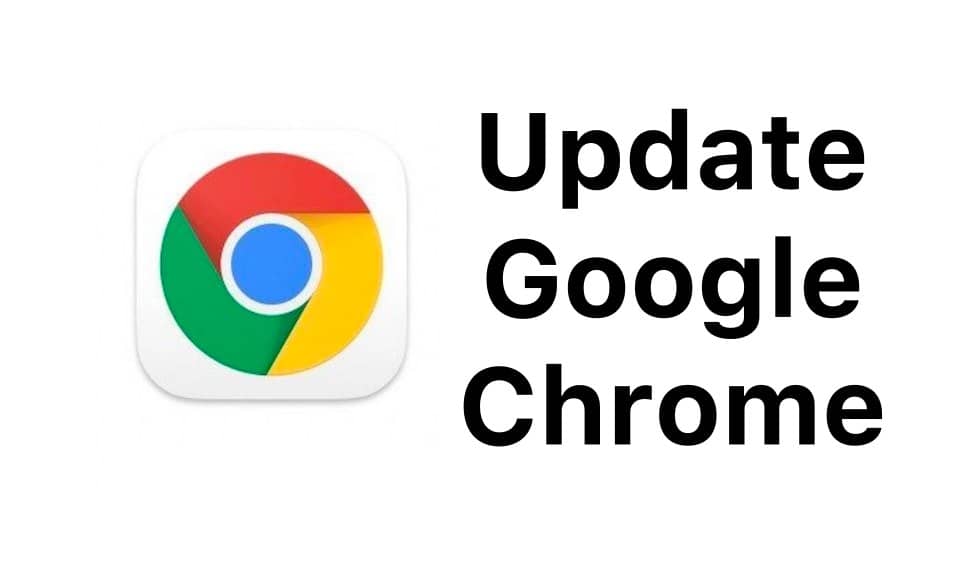Google introduced the Logica programming language for working with data
Google has introduced a new open-source programming language (Apache 2.0 license) called Logica. The name of the novelty is derived from the words Logic and Aggregation. It is the successor to Yedalog (a language previously developed by Google) and is similar to Datalog.
The new language is compiled to SQL and is available to run in Google BigQuery, while it supports abstraction mechanisms that are not available in SQL. Logica claims to make it easy to test user queries and other tasks.

In fact, Logica is expanding the capabilities of SQL since many of the capabilities of the language of the 70s of the last century are no longer sufficient by modern standards. More specifically, you can import modules into Logica and reuse repeating logic blocks. In the latter case, you can, for example, pass a function to a function, which is impossible in regular SQL.
Logica solves this problem by eliminating the infamous long queries in SQL. This and other programming languages solve SQL problems using mathematical propositional logic rather than natural English. This allows you to simplify the expression of complex queries and generally improve the classic logic programming syntax.









